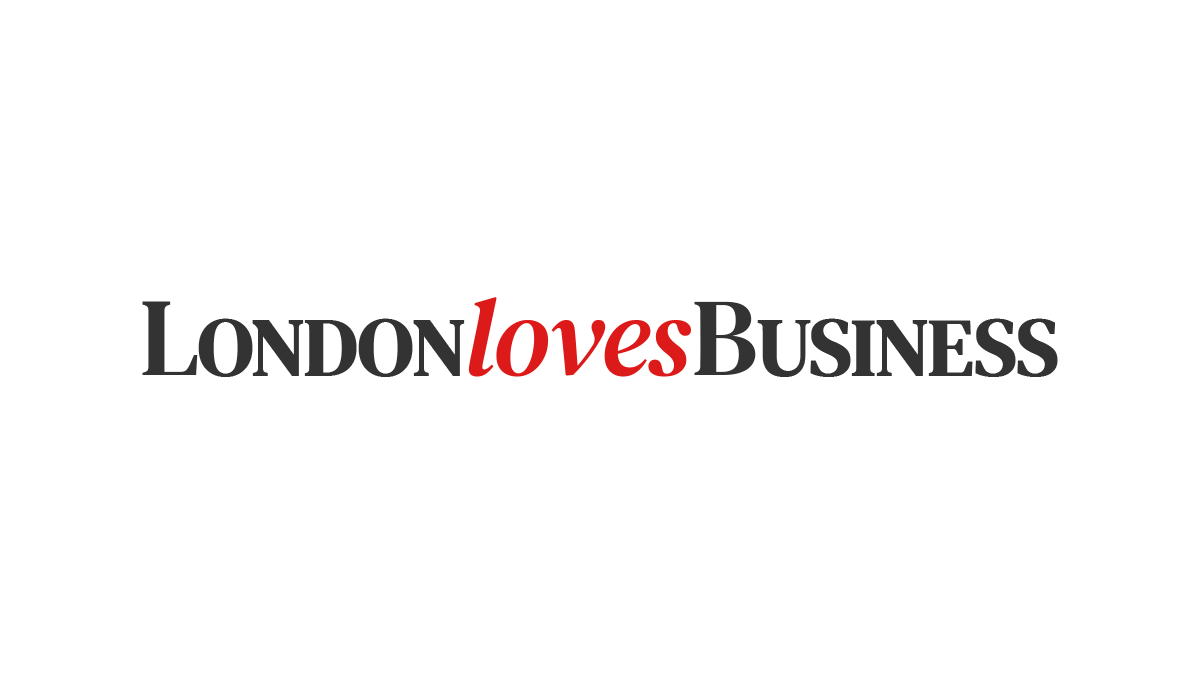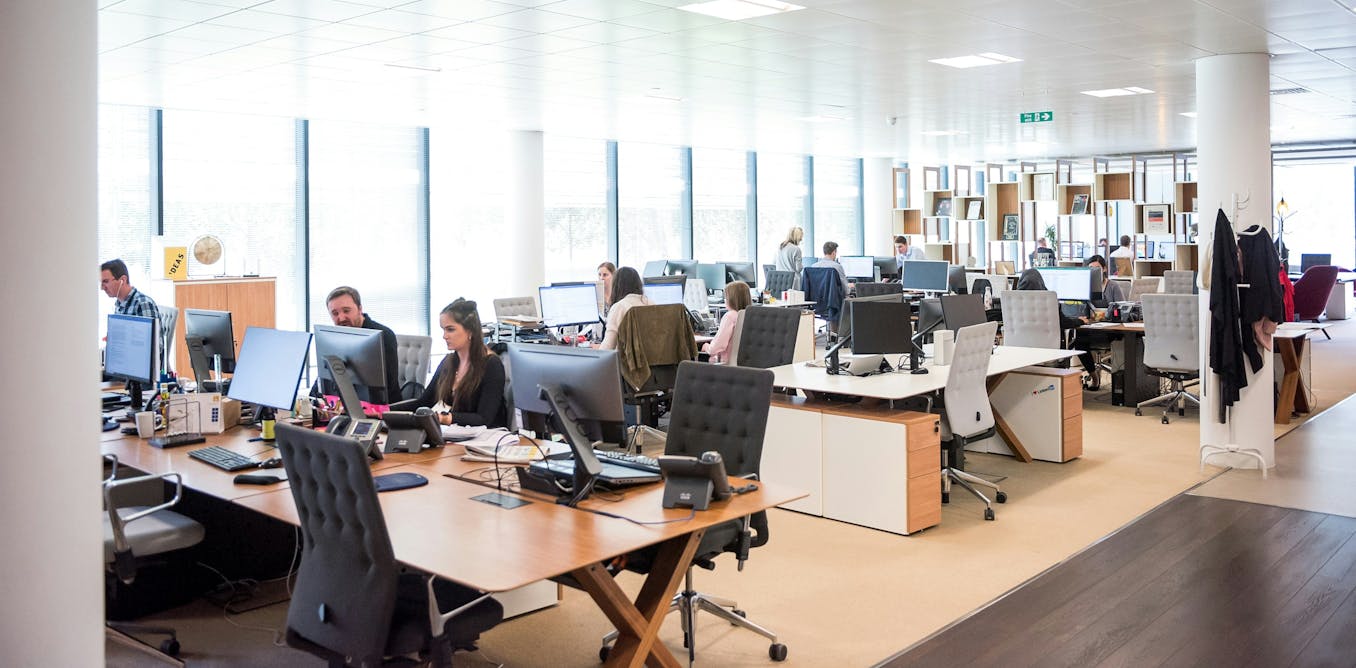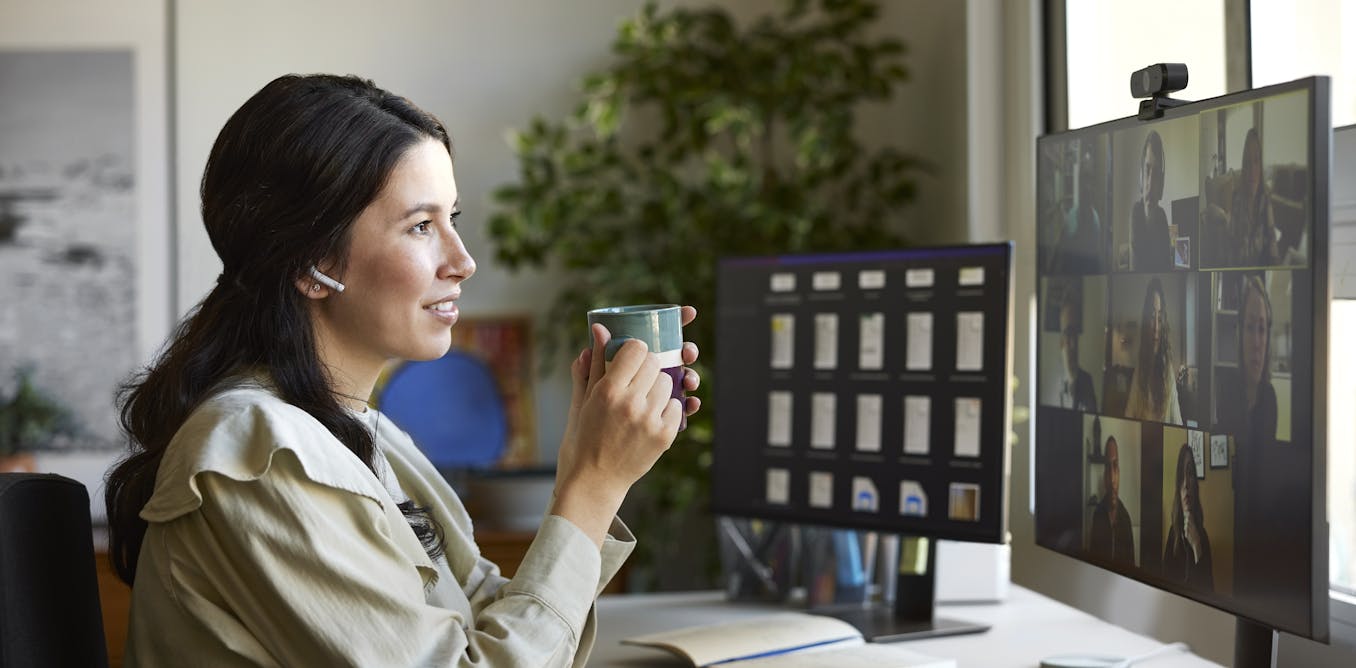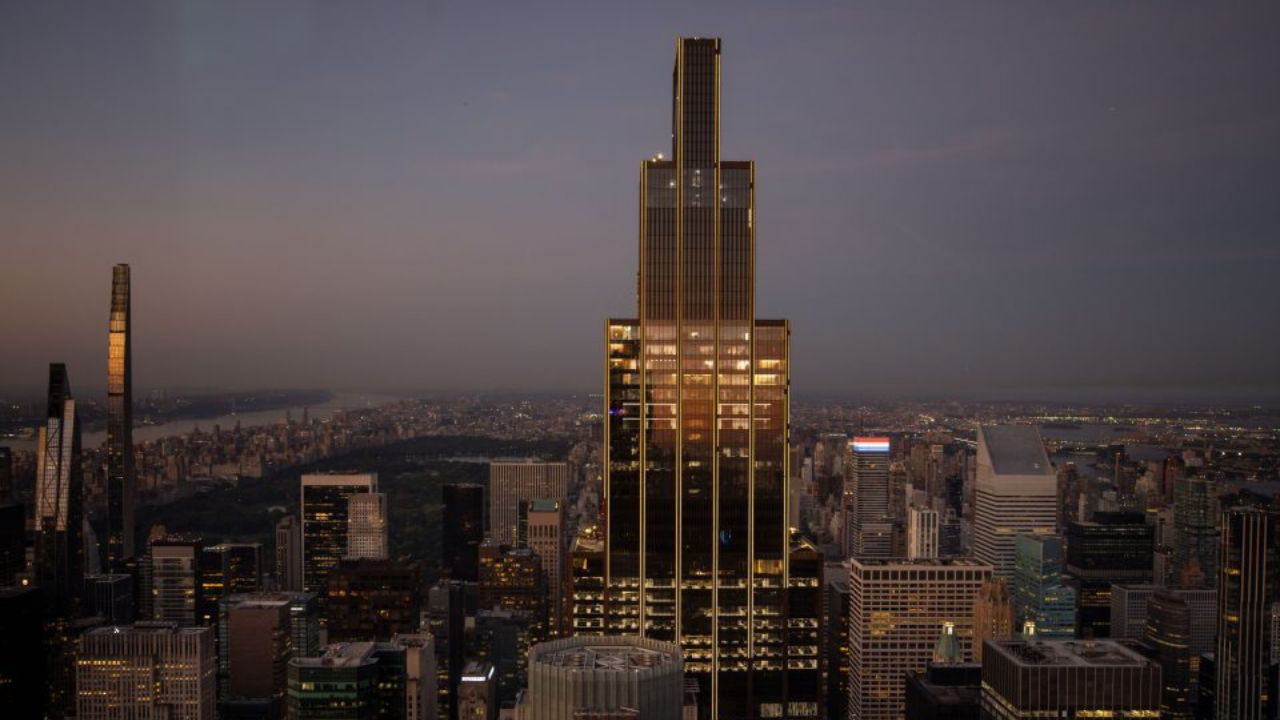Remote teams
fromLondon Business News | Londonlovesbusiness.com
2 days agoHow the workplace went from cubicles to cloud collaboration - London Business News | Londonlovesbusiness.com
Modern workplaces have shifted from physical presence monitoring to output-based performance evaluation, enabled by cloud collaboration tools and hybrid work arrangements that now define 62% of Britain's workforce.















